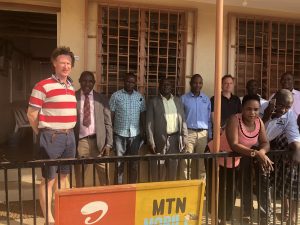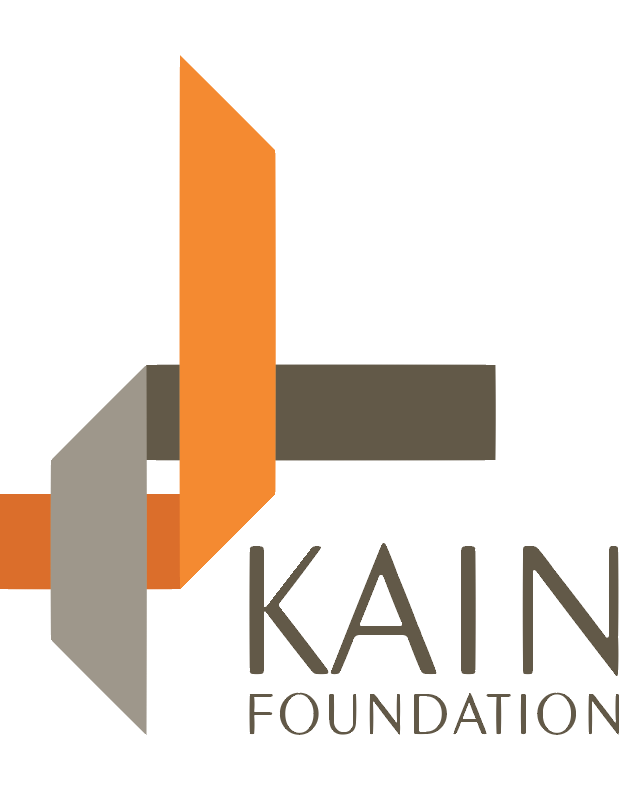Friday was a more academic day for the team, with the morning spent meeting with representatives from the Uganda Landcare Network (‘ULN’) and the afternoon with the Board and Executive of Lwengo Development SACCO Ltd. (SACCO is the Ugandan acronym for a regulated ‘Savings and Credit Cooperative Organisation’ – a bit like our credit unions).
When we began our work in Uganda 10 years ago, our focus was, as it is now, on helping to create educational and economic opportunities for youth. For our first six years this was done principally through building houses and infrastructure for orphans. By 2015 this project was mature and no longer needing our support. We had achieved our objective of the project being self-sustaining.
From 2016 we moved our focus to two areas – working with ULC to fund the expansion of its Junior Landcare program in rural Western Uganda and the Kkoba project in rural Eastern Uganda (more on Kkoba in a few days’ time!).
We are currently partnering with ULN to expand the Junior Landcare program through 12 primary schools in the Masaka District in Western Uganda. We have expanded Junior Landcare into eight schools, with a further four to roll out over the next two years. The Junior Landcare program seeks to promote economically and environmentally sustainable land management practices in Uganda. This is done through providing a combination of:
- Infrastructure, to schools such as rain water tanks, farming tools etc. This allows enhanced food production at school which
feeds the children (increasing school enrolments and attendance) and provides a hands on learning environment. - Knowledge: from ULC to teachers through formal training; from teachers to students, through classroom and hands on learning in school gardens and farms; and from students to parents, by children teaching the farming techniques learnt at school.
- Agricultural assets, to parents to allow those farming techniques to be applied. Those assets include improved varieties of coffee plants, piglets etc all of which are propagated on the school farm. (In one school community we visited, these techniques had been applied by 65 local farmers and in another by more than 100 local farmers).
This allows students and their families to lift themselves from subsistence to surplus farming with consequent educational, economic and other social benefits.
Over the last three years we have identified the opportunity to expand and improve Junior Landcare, through increasing the number of schools participating and the infrastructure provided to them, together with providing a suitable micro finance product to the schools and its staff, parents and guardians to fund on farm infrastructure and other improvements.
Friday’s meetings were the continuation of a six month feasibility assessment of this expansion program. This all sounds terribly dry, but was a vital step in our due diligence to allow us to materially increase the scale and impact of our Junior Landcare program. We are meeting ULN again this Friday to progress this to a conclusion by Christmas so we can roll it out next year. More to come!
John ‘Jonty’ Kain

Board and Executive of Lwengo Development SACCO with Jonty, Michael and Matthias
